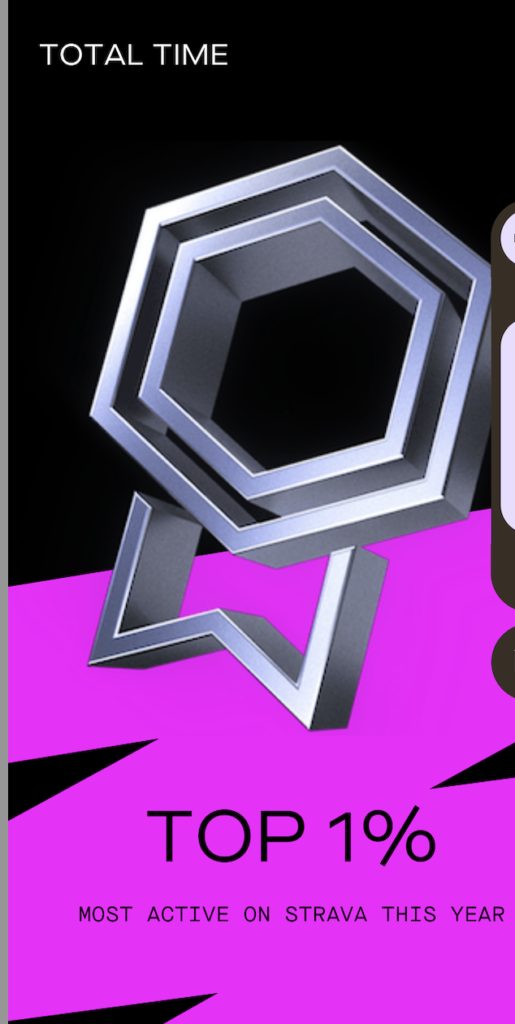One of the hallmarks of highly successful people and athletes is going the extra mile. To get the results that the most admired people eventually get, one needs to be somewhat obsessed, dedicated and all in. The top 1% in any society are the people who usually give their all, create their luck, consistently show up daily and embrace the struggle. Knowing the difference between addictions, obsessions, compulsions, and dependencies is very important on the path to becoming successful. I have participated in and finished 15 full marathons in the past two years. I trained consistently to achieve my target goals. Knowing the difference is becoming more critical as there is usually a line between the four terms.
In their book, The Brave Athlete: Calm the F*ck Down and Rise to the Occasion, sports psychologist Dr. Simon Marshall and World Triathlon Cross Championships Lesley Paterson describe the difference between Addictions, Compulsion, Dependencies, and Obsessions.
Addiction
An addiction is the compulsive use of a substance (e.g., a drug) or a nonsubstance (e.g., a behavior) that the user is unable to stop, despite harmful consequences, because it’s both rewarding (it feels good) and reinforcing (doing it increases the likelihood that you will do it again).* The key words to focus on here are compulsive, pleasurable, harmful, and unable to stop. It’s a disorder of the brain’s reward system.
“When it’s a drug, it’s called substance addiction. When it’s a behavior, it’s called a behavioral addiction.”
Dependency
A dependency is when you experience physical and/or psychological withdrawal symptoms after stopping use of a substance or behavior. In the brain, neurons have adapted to the repeated exposure to the drug or the neurochemical consequences of a behavior. This adaptation means that the neurons only function normally when they are exposed to the drug or the neurochemical outcomes of the behavior.
“When the drug or behavior stops, you feel crappy. If the dependency becomes compulsive and out of control, it elevates to an addiction.”
Compulsion
A compulsion is a repetitive action or behavior that serves one purpose: to reduce feelings of anxiety. In psychology terms, this is called “negative reinforcement” because when you do it, it lessens or takes away something unpleasant (in this case, anxiety). Compulsions aren’t necessarily rational and do not involve feelings of pleasure. Compulsions include things like repeatedly checking things, ordering and arranging things, counting, or cleaning or washing your hands excessively.
Compulsions are diagnosed when you feel that you are no longer in control of them, you spend at least one hour per day doing them, and they significantly interfere with your normal day-to-day life.
Impulse Control Disorder (ICD)
An impulse control disorder (ICD) refers to your inability to resist an urge or temptation to do something that could harm you or others.
Above are some of my Strava fitness stats for 2023. I was in the top 1% of users of the Strava app, which has over 95 million users. My training routine last year was intense, and I achieved some of my goals. I reduced my full marathon finish time from 3 hours 44 minutes to 3 hours 20 minutes. The intensity is required to get to the next level in any activity, whether in exercising, professional activity, parenting, spirituality, etc. How you do one thing is how you do everything. I trained for at least 854 hours across multiple sports, such as running, swimming, cycling, badminton, lawn tennis, pickleball, volleyball, weight/resistance training, and rowing. Sometimes, I ask, and people ask if I was overtraining, obsessed, addicted or dependent on exercising.
Although I consistently enjoyed the dopamine rush from training, I trained for another reason. One of the reasons that I take my fitness regimen seriously is the life lessons I learn from engaging in these activities. I learn life skills such as endurance, persistence, resilience, mental toughness, self-discipline, commitment, and consistency. I pride myself as someone who completes what they start, and the personal integrity to follow through is extremely joyful. The more I complete this hard activity, such as running multiple marathons in a year, the more my self-confidence in other areas of life increases. The same skills and self-discipline will be required to complete other challenging activities, such as learning a programming or foreign language. As American filmmaker and comedian Woody Allen famously said, “Eighty percent of success is showing up.”
The next level is going to involve understanding the difference between Addictions, Compulsions, Dependencies, and Obsessions. My goal in 2024 is to run a sub-3-hour marathon, requiring another level of intense training. By knowing the difference between these four terms, I can better train, avoid overtraining, incorporate rest into my routine and not get injured in the process.
All the best in your quest to get better. Don’t Settle: Live with Passion.

Comments are closed.